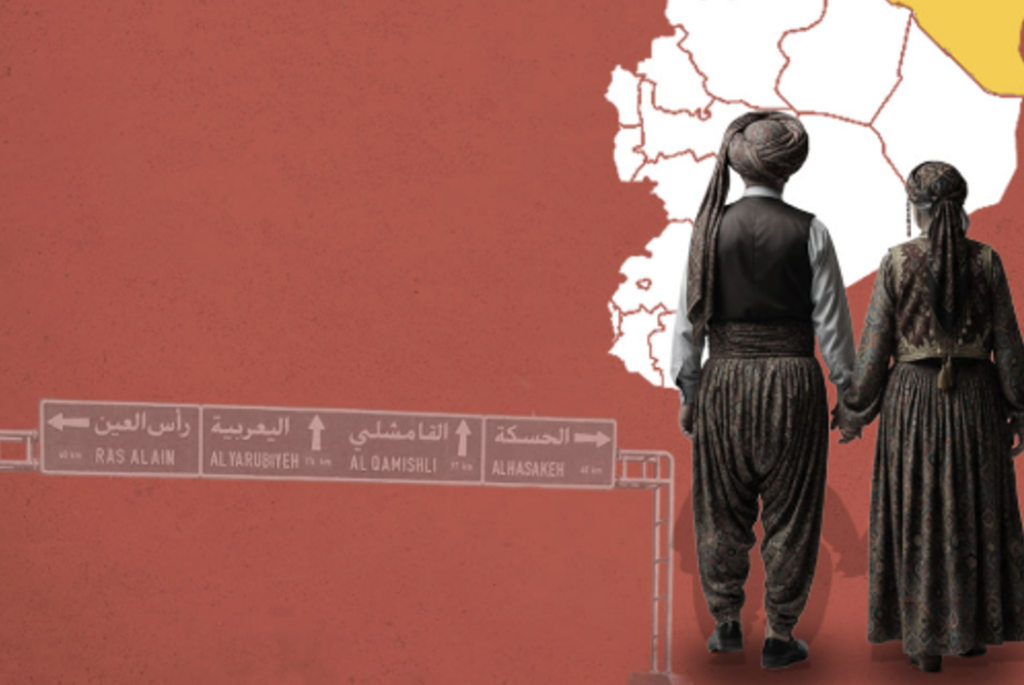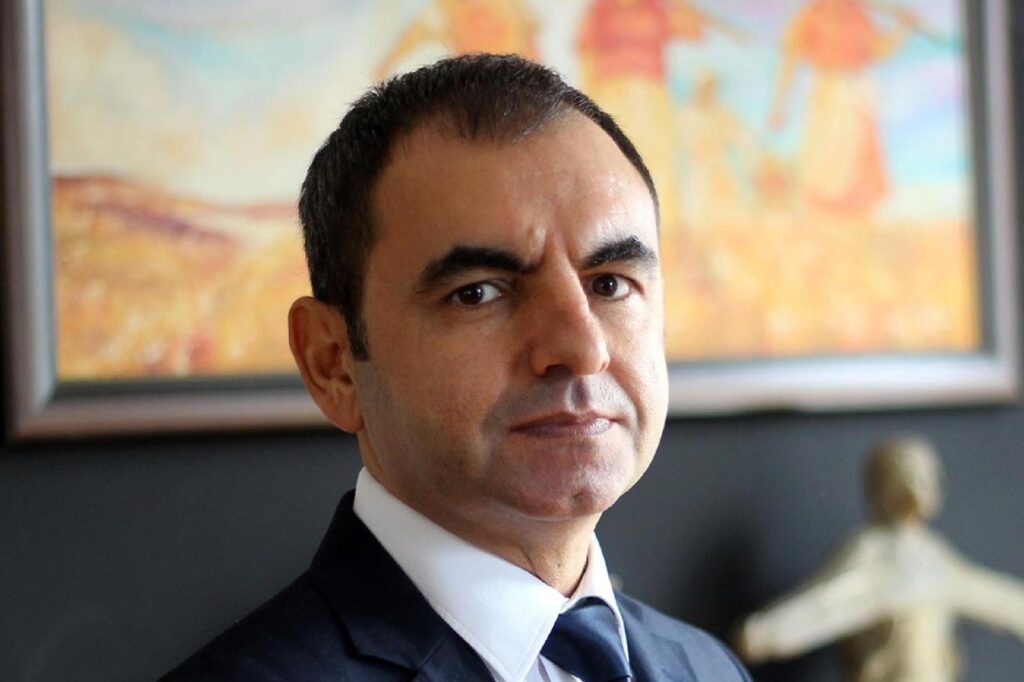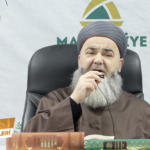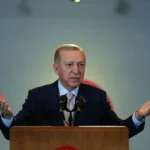Berat Özipek
The Turkish original of this article was published as JİTEM dosyası kapanacak mı? on 9th November 2015.
“He was the one who took my husband away,” she was saying about one of the names on trial that day. “I took my two children with me to his house, I pleaded for him to be released, but he set his dogs on me.”
During a brief court recess, that is how she had told me about the last time she saw her husband. She was one of many housewives in their daily clothes and white muslin head scarves who always kept attending the trial session after court session in a constant search for justice. Shhe was not a political figure and she was not trying to persuade me about anything. I had wanted to meet her; she had spoken in Kurdish, translated by a friend who was with me.
When I heard last week that all the accused in the Cizre – JİTEM – Temizöz case had been acquitted, my mind went back to those women. I also remembered how alone we were in that Diyarbakır court room when, three years ago, I and a few friends went to follow the trial.
We were just seven people who had travelled from Istanbul, and all in all there were no more than ten of us there who identified with those suffering women. The listeners’ section was full of relatives of the accused, and we felt swallowed and lost among them.
If only they had been really sensitive to it
Those who did not care one bit while JİTEM was being tried are now composing elegy after elegy in the name of justice. But the HDP of the day, that is to say the BDP, remained aloof. On the opening day of the trial, they arrived with a veritable army of lawyers, posed for photographs, and did not show up again. I spoke to many party members again and again, asking: “Why and how, right smack in the middle of Diyarbakır, can you leave this trial all alone?” Not once did I get a satisfactory answer.
That day when we were in court, a group of lawyers was also around, but they had come for a session of the KCK trial in the adjoining court room.I met a lawyer from the Mersin Bar whom I happened to know. He said he had come to throw in his support for the KCK case. It was a process that was not going anywhere because the court was refusing to accept the rights of the accused to defend themselves in Kurdish. So here was a lawyer who had come all the way only for a court session that would only open and then close immediately, who left immediately afterwards without bothering to put in an appearance in this other case that was taking place only a few steps away. Why, I wondered.
Was it because, on the day, the KCK case was “hurting the AKP”?
The Turkish left, too, given to apologizing for its lack of interest in the Ergenekon case on the grounds that it “did not extend to the other side of the Euphrates,” was notably absent from the JİTEM case although this, now, was very much to the east of the Euphrates. It was normal for the oligarchy’s media not to show any concern. But neither could the pro-government media be said to cover it properly.
Apart from a few names from the Diyarbakır Bar and a handful of human rights activists, there was really nobody who was trying to monitor it and keep putting it on the agenda. Then came the Gülen Congregation’s attempt to overthrow the government through its henchmen in the police and the judiciary, and the whole legal and political atmosphere that had made it possible to start and sustain such cases changed completely.
There quickly followed a series of acquittals.
This case belongs to us
The “not guilty” verdict pronounced by the court in the JİTEM case, flying as it does in the face of a plethora of strongly incriminating evidence, violates my sense of justice, too, as it does for many others. Even if, as some would have it, these cases were started through the “Congregation’s desire to settle accounts” and then also paralyzed through their manipulations, they carried, and do carry, a fundamental, non-negligible significance.
At the end of the day, like all other “deep state” cases, they, too, are of vital importance for an entire society that wants to live in peace and justice. Their fate is going to be a concrete indicator of whether we have really done away with the evils of the past.
They are therefore much too important to be sacrificed to any reaction, however just, against the Congregation.
Now the JİTEM case is coming before the High Court of Appeals.
Seeing such cases through depends on the existence of a powerful public, political support.
The determination to provide such support will protect both whoever is able to show it as well as the entire country.
Yazıyı beğendiysen, patronumuz olur musun?
Evet, çok ciddi bir teklif bu. Patronumuz yok. Sahibimiz kar amacı gütmeyen bir dernek. Bizi okuyorsan, memnunsan ve devam etmesini istiyorsan, artık boş olan patron koltuğuna geçmen lazım.
Serbestiyet; Türkiye'nin gri alanı. Siyah ve beyazlar içinde bu gri alanı korumalıyız. Herkese bir gün gri alanlar lazım olur.


















